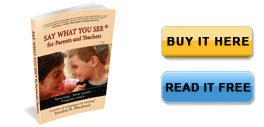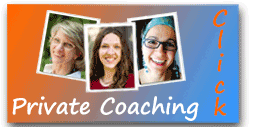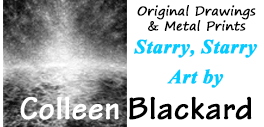Easy Brain Hack: Reversing Guilt

Yesterday morning, my mom and I were talking about the phrase “I should have known…” It’s a family story, full of self-blame, passed down and shared between and within generations.
The main problem with this phrase is that it implies that you’re somehow wrong for not knowing something. Think about that a minute. At any moment, you either know something or you don’t. That’s just the nature of knowing things–nothing right or wrong about it. But because it’s in the past, “should have” creates a problem that can’t be solved, so it is quickly followed by guilt, self-blame and a conscious or unconscious negative label for the kind of person you must be for not knowing – stupid, unobservant, gullible, etc.
As anyone who’s ever studied psychology or linguistics (or politics, real estate, etc.) can tell you, language plays a huge role in framing how we think about things and ourselves. Advertisers know this well, and use it to their advantage all the time. Now you can use it to hack your brain and change how you feel about yourself and your decisions in those moments when you start to feel stupid or blame yourself. How?
Instead of thinking, “I should have known that!” and heading off on a solo guilt trip, try:
“I wish I had known.”
I already use it for times I would never think of blaming myself, such as when I find out about a past event that I missed. So what better phrase to use to remind yourself that you actually did nothing wrong…you simply didn’t know. It’s granting your own wishes in fantasy.
The great thing about acknowledging your wish is that it not only expresses your true feelings on the subject, but it helps you self-validate. This allows you to stay in touch with your greatness, as the person who would have done something different had they known, instead of the person who failed at knowing. Same goal, “I’ll know that next time,” with none of the blame!
This also works really well with kids (or adults!) who make a mistake they think they should have seen coming. You can even rephrase it, like:
“If you had known, you would have done things differently.”
It’s an easy way to SAY WHAT YOU SEE that helps both you and them remember who they truly are. Validation and wish-granting in one fell swoop that leaves everyone feeling good about themselves.
February is a great month to practice kindness, love and acceptance of self and others. Now that you have this new tool of self-validation, what mistakes from your past will you stop blaming yourself for?
(P. S. If you actually should have known, you would have.)
7 Comments






Super Idea!
Cocochanel,
Thanks! It works great for me 🙂
i loved both articles very much!
Seema,
Thank you! I have a lot of fun writing them!
Brilliant! Very helpful.
Thanks, Bamma!
Changing “I should” to “I wish” sounds like a great thing to do, and it is absolutely new to me. I can’t wait to give it a try next time when I catch myself saying the words “I should”. Thank you for the fresh perspective, Betsy!